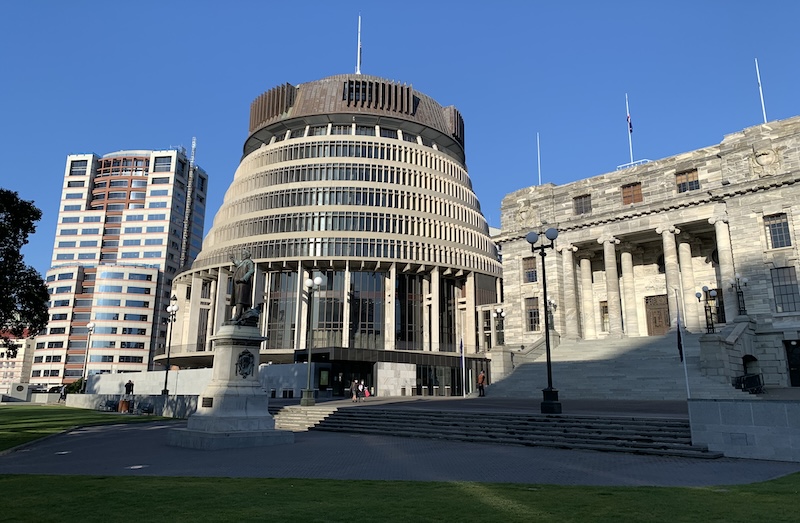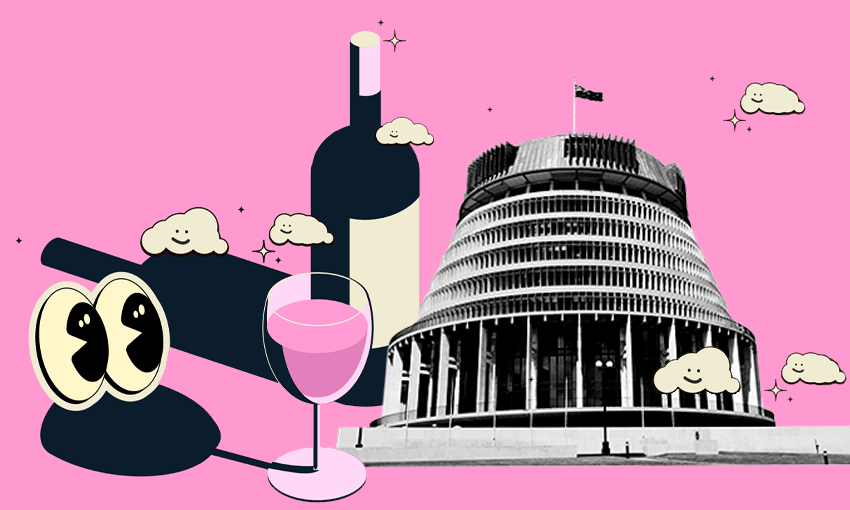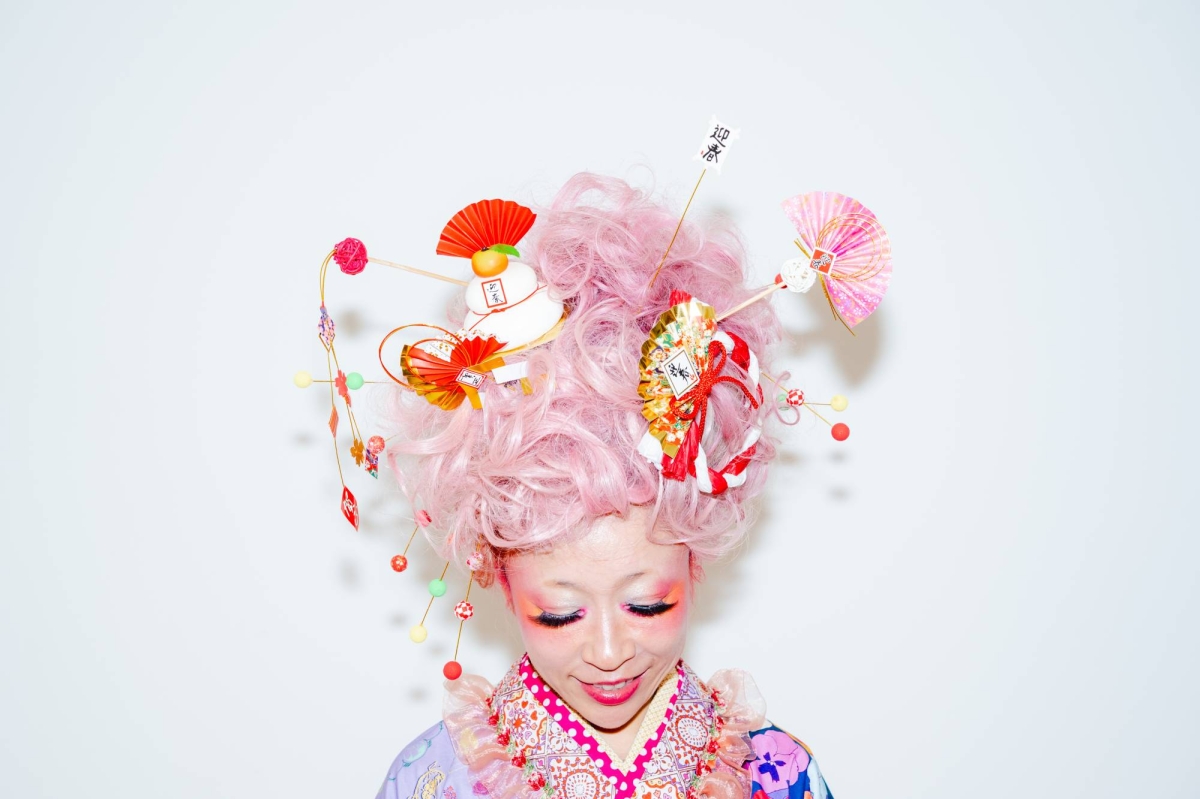Kathryn George/Stuff
A team at the University of Otago (Christchurch) is planning to launch what they believe is Aotearoa’s first trial of psilocybin to treat severe, treatment-resistant, depression.
A hallucinogenic class A drug could one day help treat of hundreds of thousands of Kiwis suffering severe depression.
Researchers in the Department of Psychological Medicine at the University of Otago (Christchurch) are planning to launch what they believe is the country’s first trial of psilocybin (magic mushrooms) to treat severe depression.
About 17% of Kiwis – roughly 850,000 people – have depression. About a third will not be getting any relief from anti-depressant medications, and are defined as “treatment-resistant”.
RNZ
RNZ’s podcast The Detail dives into the state of mental health units, and the eye-watering price tags to repair its crumbling infrastructure. (First published June 14, 2021)
It is hoped psilocybin – which binds to the serotonin receptors in the brain to enhance mood – could help this group, in conjunction with psychotherapy.
READ MORE:
* ‘Magic mushroom’ psychedelic may help heavy drinkers quit
* Trials for ketamine antidepressant as new $50m research facility opens in Auckland
* Hallucinogenic Amazonian brew shows promise as an anti-depressant – study
* Withdrawal from antidepressants may have played role in Auckland woman’s death
Mental health nurse and psychotherapist Professor Marie Crowe said psilocybin would be given in the trial alongside Interpersonal and Social Rhythm Therapy – a type of intervention used in people with mood disorders, such as bipolar disorder.
The therapy focuses on how people’s moods impact on their relationships, and vice versa, as personal relationships are “tightly connected to episodes of depression”. It also looks at stabilising circadian rhythms (the sleep/wake cycle), as disruptions to this cycle can trigger mood episodes.
UNIVERSITY OF OTAGO/Stuff
University of Otago (Christchurch) Professor Marie Crowe said there have been few major breakthroughs in the treatment of depression in many years. She hopes psilocybin may offer such a breakthrough.
It’s thought psilocybin would amplify the effects of therapy, Crowe said.
Similar research conducted overseas has shown promising results: a trial by Johns Hopkins Medicine researchers found substantial antidepressant effects of psilocybin-assisted therapy – given with supportive therapy – lasted up to a year for some patients with major depressive disorder.
Kiwi researchers are also looking at the role ketamine and microdosed LSD could play in the treatment of some mood disorders.
Crowe said a review of people’s experiences of using psilocybin internationally found a predominant theme was a sense of connection and connectedness with themselves, others and their environment.
123rf
Psilocybin, or magic mushrooms, cause hallucinogenic effects. They affect the senses, alter a person’s thinking, sense of time and emotions.
Taking psilocybin gave people “new insights into their lives”, she said.
The team would give participants two doses of psilocybin – in capsule form – one week apart, over a 10-week period.
After being assessed for suitability (such as having tried two antidepressants for an adequate period, with no improvement in mood), people would undergo three weekly sessions of psychotherapy to prepare them for the dose.
The drug would be administered by a psychiatrist, and a therapist would be present throughout.
The person would then have five further psychotherapy sessions, to integrate their psilocybin experience.
Taking psilocybin in such a tightly controlled and comfortable setting would reduce the possibility of a “bad trip” – usually linked to a person’s state of mind and environment, Crowe said.
Researchers have received ethics and regulatory approvals to import psilocybin into New Zealand – all they’re waiting for is funding, she said.
Crowe said while antidepressants work well for most, there is a “big” group who get no benefit, and – to her knowledge – there had been no major breakthroughs in antidepressants for many years.
New Zealand had a problem with access to psychotherapy, despite one of the 2018 mental health review’s main findings that talking therapies need to be more available.
“It is extremely well known that we need more… and we need it accessible for everybody.”




















Discussion about this post